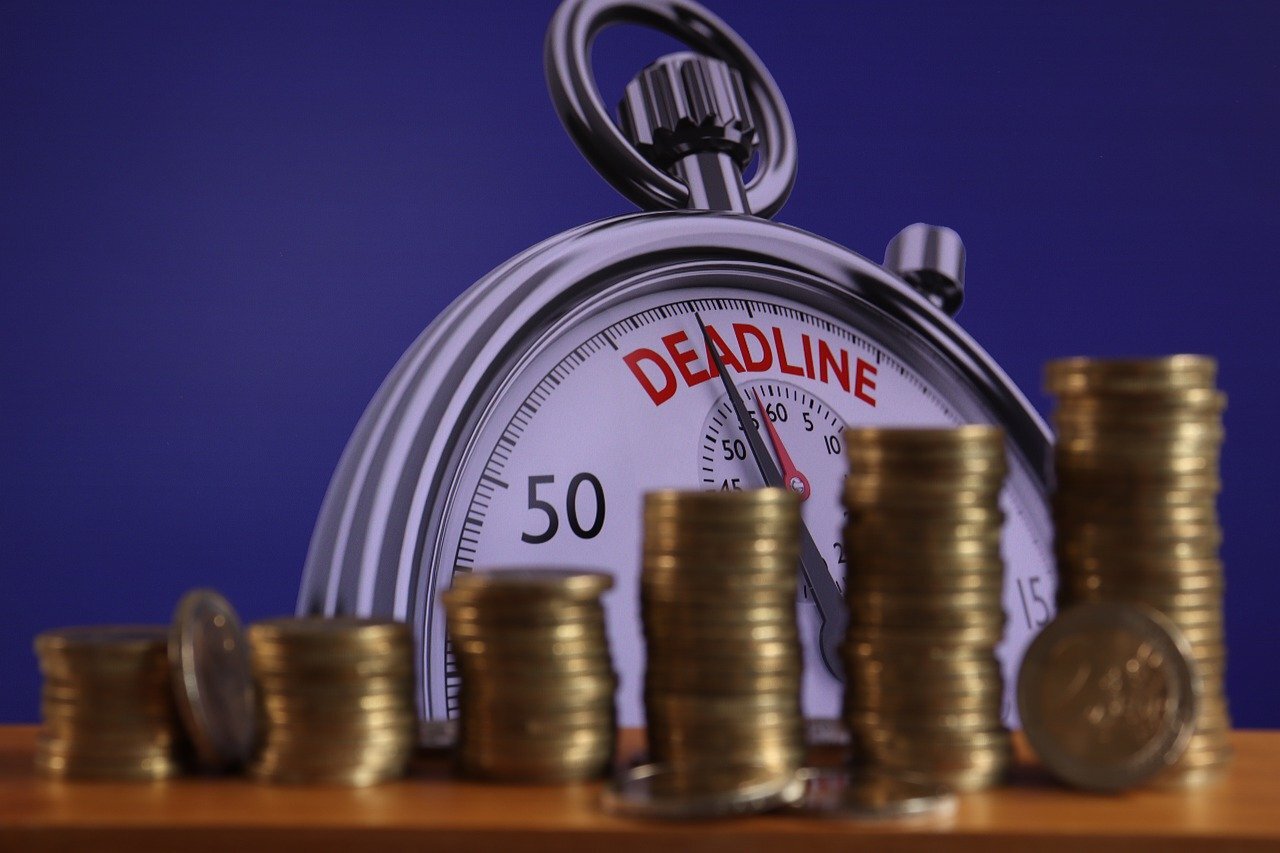|

As financial year-end approaches at the end of June, it’s time to start preparing. With some clever organisation, you can navigate the year-end easily. Here are some tips to help you effectively prepare:
1. Gather your paperwork
Spend the next few weeks gathering what you’ll need, including:
Financial records showing your income statements as well as your profit and loss statement
Receipts for business-related purchases, including any assets you have purchased
Receipts for vehicle expenses and travel expenses that relate to your business
Records of previous tax returns, business activity statements, GST returns and superannuation contributions
Depending on what type of business you own, you may also need to conduct a stocktake.
2. Touch base with your accountant
In the lead up to the financial year-end, it can help to check in with your accountant. Ask them what paperwork they require from you and by when.
If you don’t have an accountant, now might be the time to consider using one. They can offer professional advice and guide you through the process with help tailored to your business's needs.
Now is also a good time to confirm that your tax agent or accountant is registered with the Tax Practitioners Board (TBP). You can do that via the TBP register.
3. Confirm tax obligations
Refresh your memory on what you owe the Australian Taxation Office (ATO) and what is a claimable business expense.
Speak to your accountant about staying compliant while maximising your returns. They may be able to make use of some ATO tax concessions that apply to your business.
4. Finalise superannuation payments
Double-check that you've met all your superannuation obligations for your employees throughout the year. Finalise any outstanding super contributions before financial year-end to avoid penalties.
5. Check your payroll
You must keep a thorough payroll throughout the year. By the end of July, you will need to have distributed payment summaries to your employees. These outline wages paid, taxes withheld and other relevant information like leave taken and accrued.
6. Digitise
If you haven't already, back up all your paperwork digitally. It is even more streamlined if you use a cloud-based accounting software program that records your bank statements, expenses, customer and vendor information throughout the year.
If you do not use accounting software, now might be the time to consider switching over so that you are ready for the next financial year.
7. Beware of tax scams
The ATO has issued a warning of scams targeting individuals’ and businesses’ ATO and myGov profiles to gain access to their tax refunds, by sending fake messages and luring people into clicking a link. The ATO wants you to know that it will not send an email or text message with a link to sign into myGov.
Another type of scam around this time of year is tax fraud committed by unethical tax practitioners. If your tax agent is offering zero-risk guarantees for their services or wants to charge a fee or commission based on tax saved, you may be part of a tax fraud scheme. Beware of an adviser that offers returns that seem too good to be true.
8. Plan for next year
With all your paperwork completed accurately, now is a good time to assess your budget and financial forecasts, so you can plan for next year. You may be able to identify areas for improvement, cost-saving opportunities and revenue growth strategies.
The final push
You have a few weeks to gather your paperwork and double-check everything is accurate. Reach out to your accountant now to get the ball rolling on your financial year-end.
Seeking professional advice from a registered tax agent can enhance your financial well-being and ensure compliance with regulations. With a little preparation and the right guidance, you can navigate this time with confidence and focus on growing your business.
|